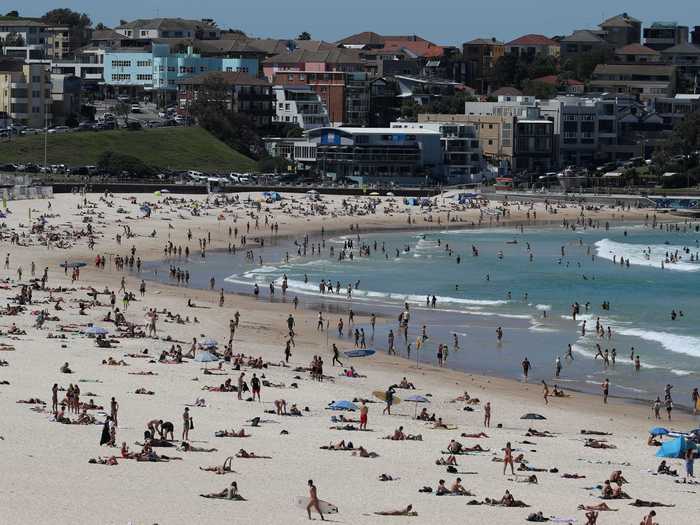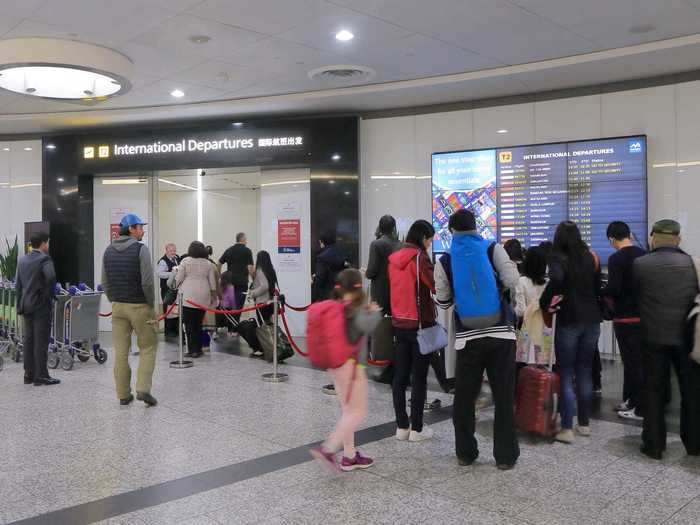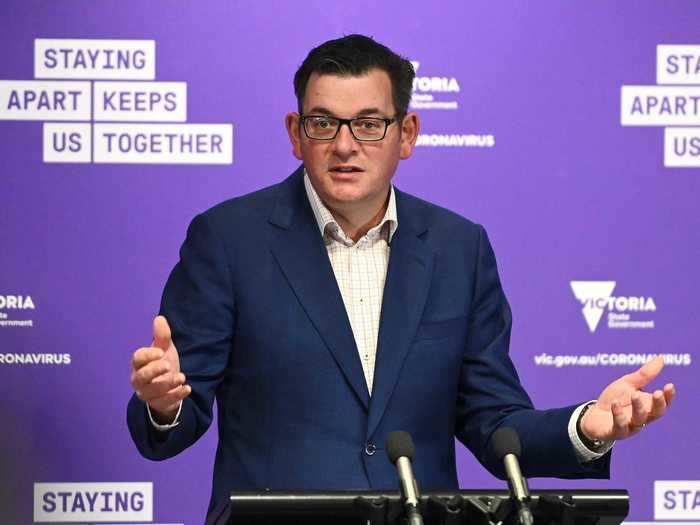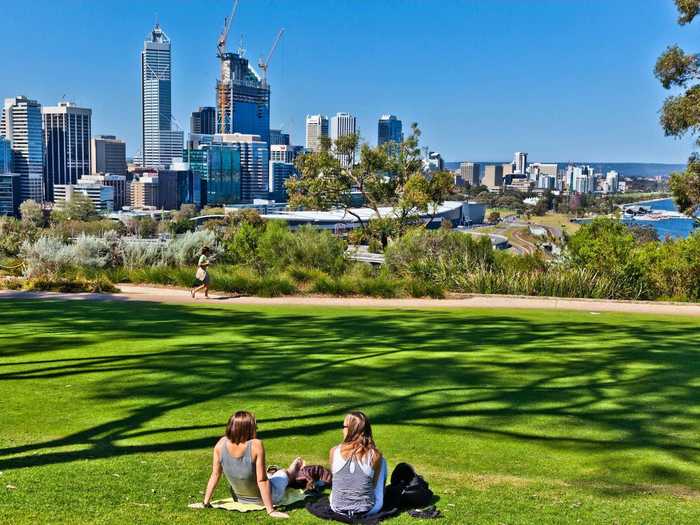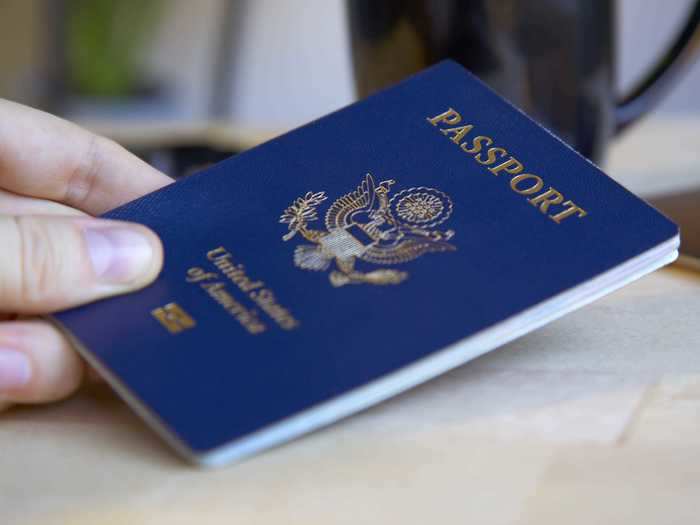Australia is the best country for Americans to move to after coronavirus based on five metrics.Prasit photo/Getty Images
- We recently ranked the top countries for Americans to live in post-coronavirus.
- Based on our five metrics, we found Australia was the best country to move to.
- Here's a closer look at how Australia scored on the different metrics we used.
From the sunny weather to the iconic Sydney Opera House and plenty of beaches to visit, Australia is the best place for Americans to move to next.
Business Insider recently ranked the best democratic countries to move to after the pandemic based on five metrics, including weather and how expensive it can be to live there. You can read more about our method and data sources here. Based on our metrics, we found Australia to be the best place for Americans to move to next.
The country score ranked number one out of the 76 countries listed as democratic by the Economist Intelligence Unit partly due to its ideal average annual temperature and overall friendliness to immigrants based on a Gallup survey.
Additionally, the country has ranked near the top of other country rankings including the US News & World Report's annual country ranking, where it took the fifth highest spot. Three Australian cities also made the top 10 most livable cities from the Economist Intelligence Unit's Global Liveability Index in 2019. It also took the sixth spot in the United Nations' Human Development Index of 2019.
Australia was also one of the countries that had a successful plan to keep the coronavirus under control early on during the outbreak as seen in its decline throughout April until June per daily data reports from John Hopkins University. However, the country just saw its deadliest day yet per reporting from Reuters. This comes after Melbourne, the second-largest city in the country, has had an increase in coronavirus cases. Melbourne is now under strict lockdown to help stop the spread.
Read on to learn more about why Australia took the top spot on our list and on which metrics it fell short.
Australia's average annual temperature
Beachgoers enjoy a sunny day at Bondi Beach despite growing concerns about the spread of the coronavirus disease (COVID-19) in Sydney, Australia, March 20, 2020.
Loren Elliott/Reuters
Australia is great for people who want ideal warm temperatures for the majority of the year. In 2016, the year used in our country comparison, Australia had an average annual temperature of 72 degrees Fahrenheit. The lowest average monthly temperature in 2016 was around 59 degrees in July and the highest was 83 degrees in January. Averaging the annual data from monthly estimates between 1901 and 2016, the country had an annual average of 70.6 degrees Fahrenheit, which is even closer to the ideal temperature of 70 degrees used to develop our ranking.
Australia boasts plenty of beaches where you can enjoy the nice weather, such as Bondi Beach in Sydney and Bells Beach in Victoria.
Australian's acceptance of immigrants
People depart for international flights at Melbourne airport in Melbourne Australia, on June 18, 2015.
TkKurikawa/Getty Images
The country is also known for welcoming others.
A 2016 Gallup poll asked country residents how they would feel if an immigrant lived in the country, was their neighbor, or married into their family. Gallup scored respondents' answers on each question, assigning three points if the respondent said it was "a good thing", a zero if the person said it is "a bad thing," and one point for an answer indicating they are unsure.
Australia had a Migrant Acceptance Index of 7.98 out of 9 based on the respondent averages, making the country the sixth-most accepting out of nearly 140 countries.
In another Gallup poll, 87% of Australians surveyed in 2018 said the area or city where they live is a "good place" for immigrants.
According to a ranking based on a survey of expats conducted by InterNations, a resource company for expats, Australia ranked 19th out of 64 countries in its ease of settling in index. It also ranked 10th for feeling at home. Expats in Australia seemed it is not as easy to make friends as some of the other countries surveyed, where it ranked 30th.
Australia's response to coronavirus
Victorian Premier Daniel Andrews speaks to the media on August 10, 2020 in Melbourne, Australia. Metropolitan Melbourne is under stage 4 lockdown restrictions.
Quinn Rooney/Getty Images
In May, Business Insider talked to a health expert about the differences between US and Australia's handling of the pandemic, including the success of early lockdowns and early preparations in Australia.
Australia had 7,035 coronavirus cases and 98 deaths up until May 15. At the same time, the US had 1.4 million cases and over 90,000 deaths. Taking into account differences in population sizes, Australia had over 270 cases per 1 million, while the US had over 4,200 cases per 1 million in the US.
However, it looks like the country is experiencing another wave of coronavirus, as the number of daily cases has been on the rise since mid-July. This is mainly due to a spike in cases within Melbourne, the country's second-most-populous city.
The city is taking strict measures for the next six weeks, as reported by Business Insider on August 2, to try to get the number of cases under control. This includes restrictions allowing residents to only leave their homes for essentials. With Melbourne in a stage-four lockdown and the regional area of Victoria in a stage-three lockdown, non-essential businesses are closed in the region and the capital city, including movie theaters, bars, and gyms.
Australia's cost of living
Manfred Gottschalk/Getty Images
Although the country scored high on most of our other metrics, Australia is more expensive than the US. Its cost of living is nearly 8% higher than the US, according to crowd-sourcing site Numbeo indicating a higher index than many of the other top countries on our list.
According to Australian financial site Canstar, Perth is the most affordable state capital city within Australia with a median rent of $385 per week, while Sydney is the most expensive capital city at $582 per week.
Australian visas and studying abroad
According to the Australian Government Department of Home Affairs, there are different kinds of work visas, some of which may lead to a permanent stay. All types of visas and their availability have information listed on the Australian Government's website.
You will need a valid passport and a visa or Electronic Travel Authority to visit the country, according to the US State Department. If you are looking to take a vacation or visit for less than 90 days, the State Department notes many people get the electronic label-free visa Electronic Travel Authority. This lets you travel to Australia without a label in your passport as the Electronic Travel Authority is linked electronically to it, according to the Australian Government Department of Home Affairs.
Students can also obtain a student visa. The Australian Government has a breakdown of some of the typical housing and living costs a student should know before attending school in the country. For instance, a homestay can cost between $235 and $325 per week, while a rental can cost anywhere from $185 to $440 per week.

